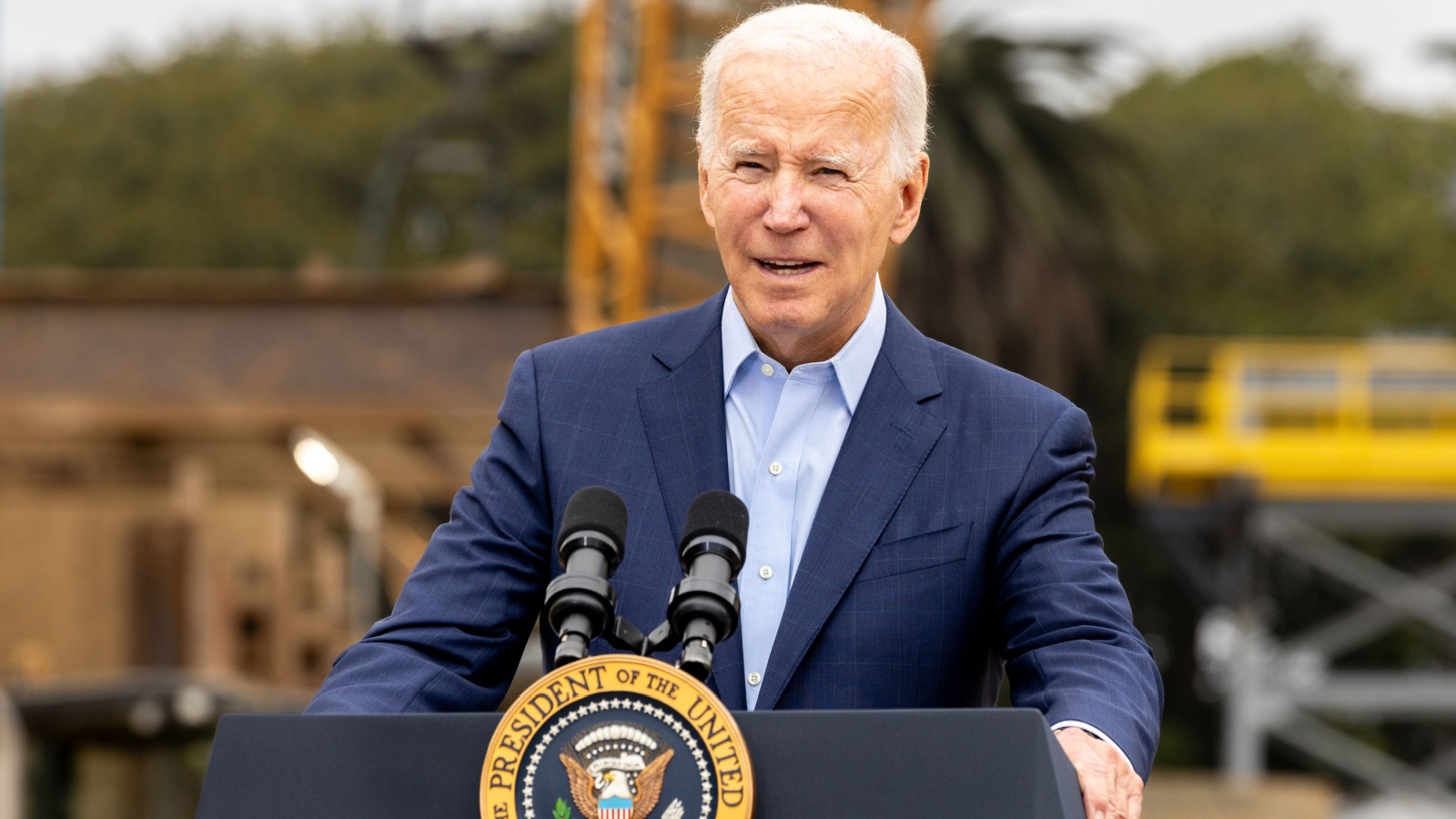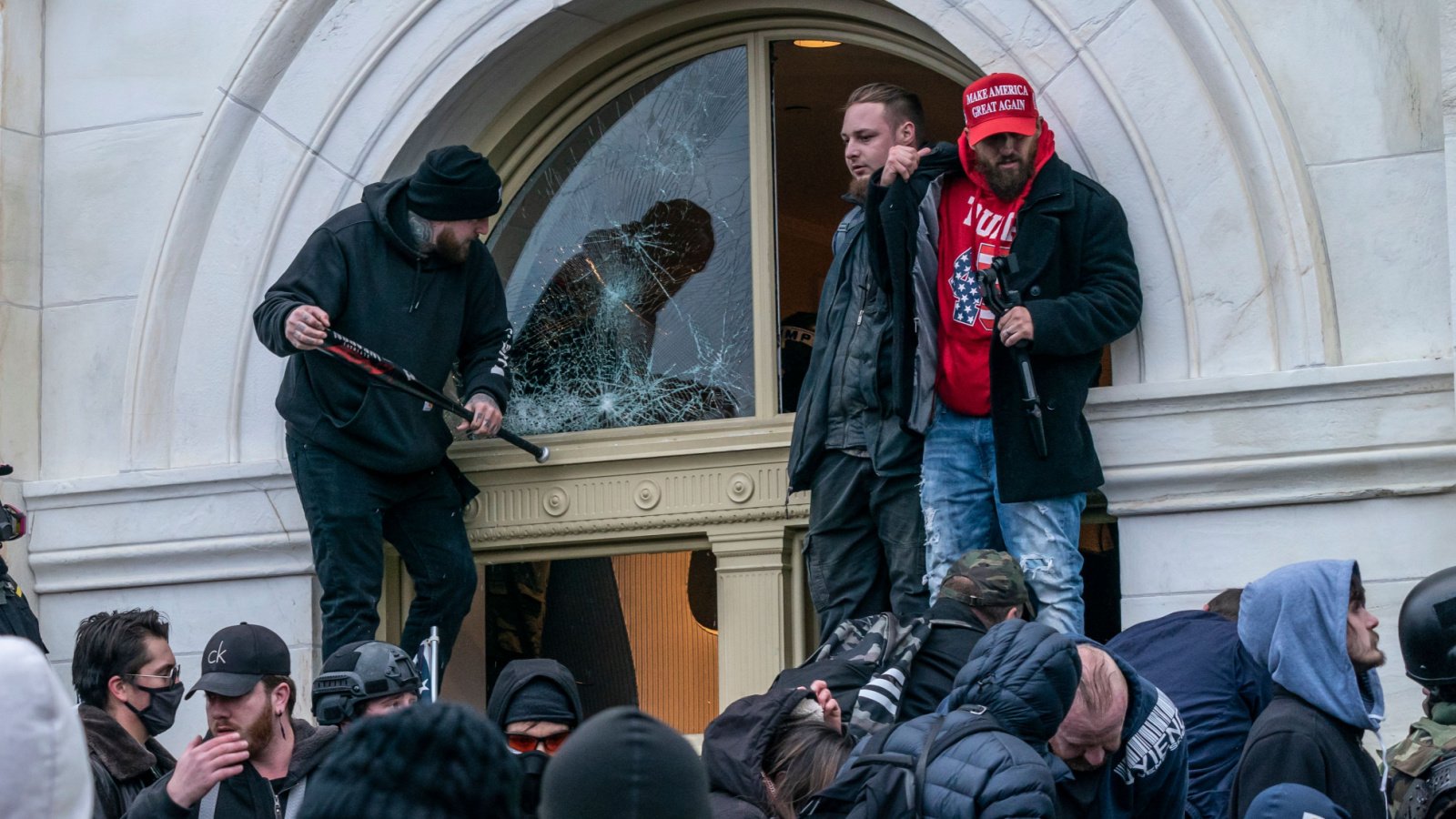Some Democratic voters report reservations about casting their ballots for President Joe Biden in the upcoming election. Their reasons range from economic policies and social justice issues to his age and inability to unite the two parties. Let’s take a closer look behind the voters’ concerns and their potential impact on the election outcome.
Policy Disagreements
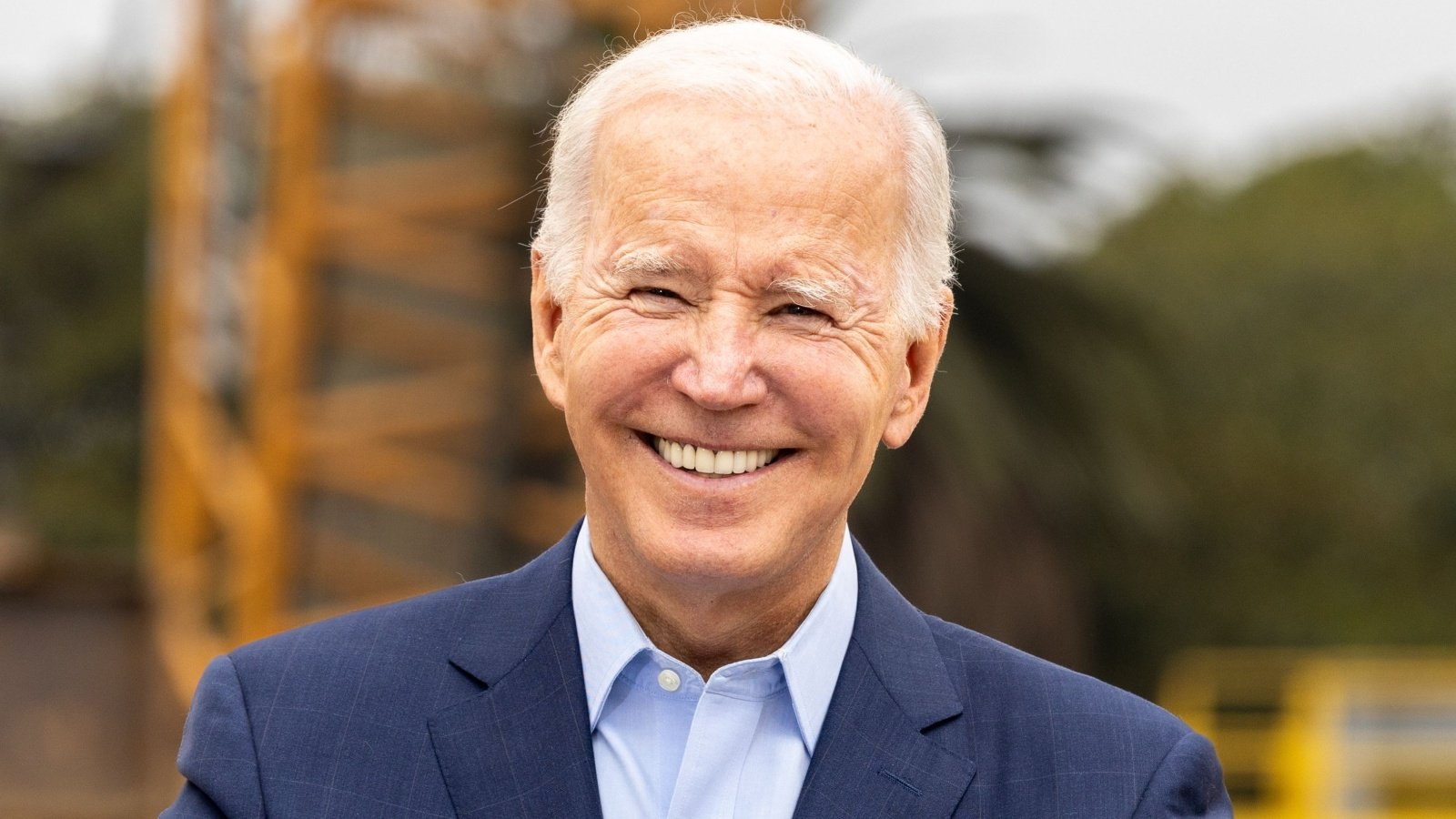
Some voters find Joe Biden’s policies misaligned with their personal or political beliefs. They may seek alternatives that better address their concerns on issues like healthcare, taxation, or foreign policy.
Economic Concerns
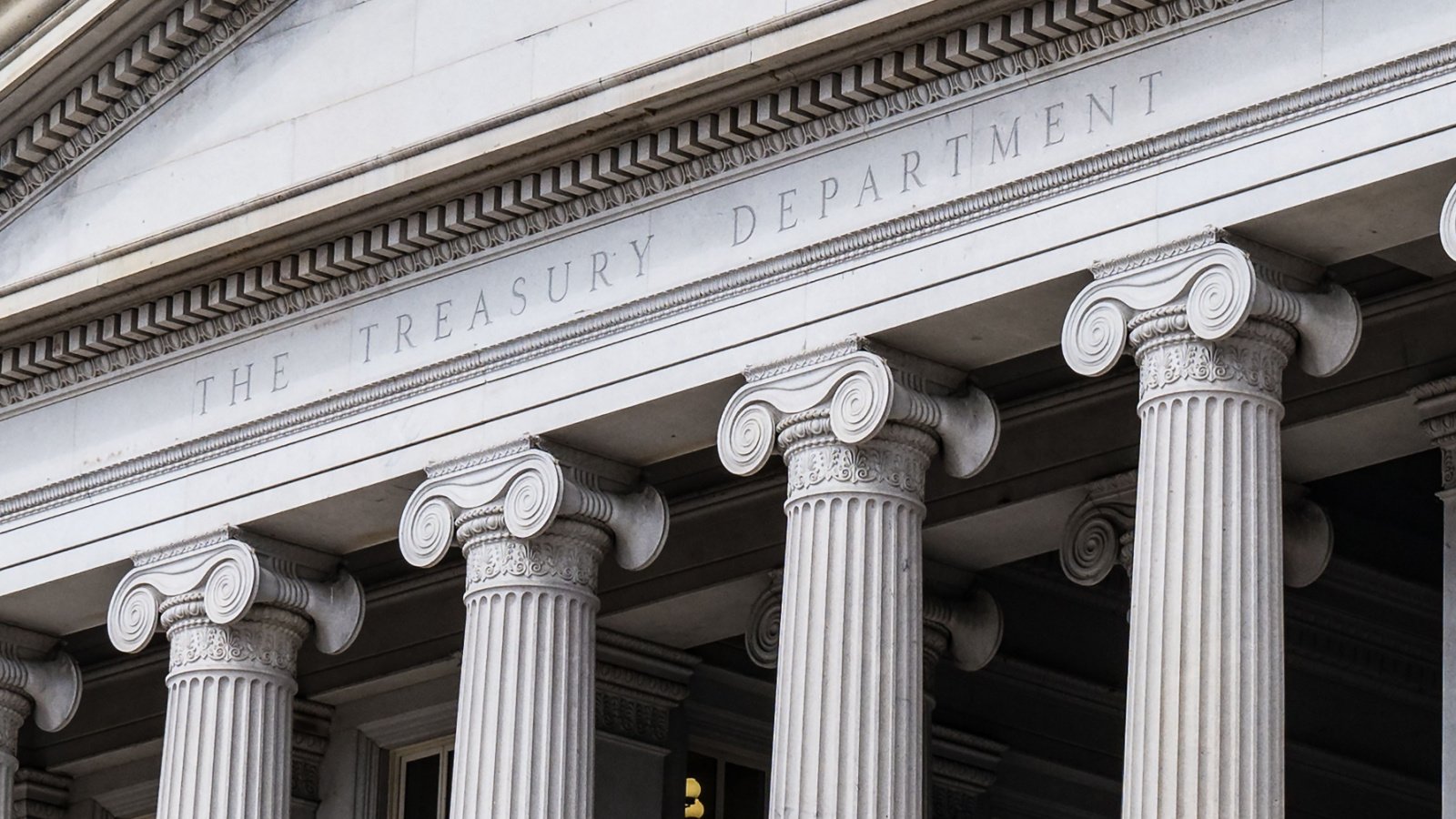
Critics argue that Biden’s economic strategies might not effectively stimulate growth or address unemployment. They worry about the impact of his proposals on small businesses and the national debt. For these voters, economic policy is a pivotal factor in their decision-making.
Age Factor
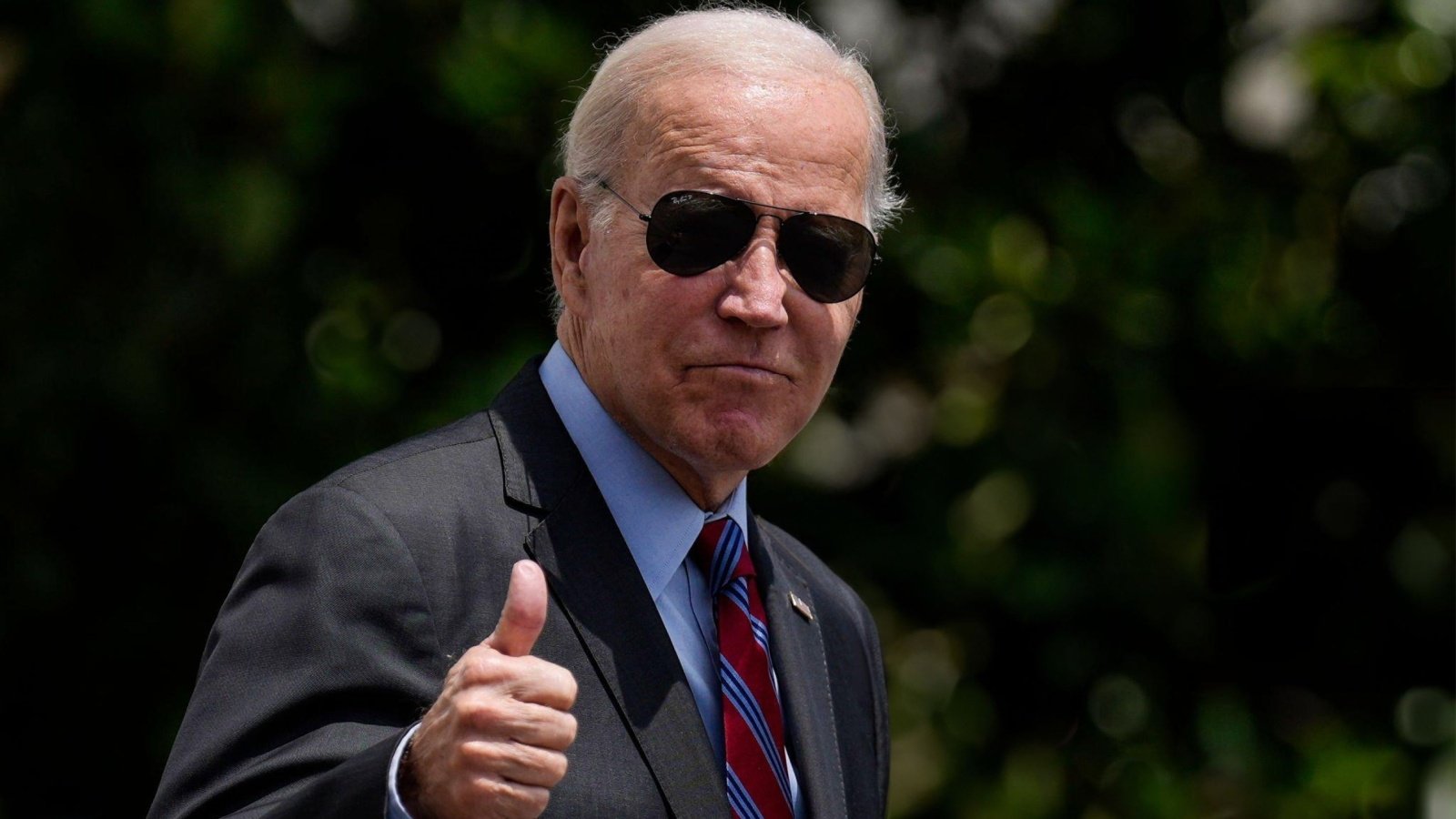
Questions about Biden’s age and its potential impact on his presidency concern some voters. They doubt his ability to serve effectively throughout the full term considering the demanding nature of the presidency.
Energy Policies

Biden’s stance on energy, particularly his plans to transition towards more sustainable sources, has faced opposition from those dependent on traditional energy sectors. Individuals working in industries like coal, oil, and natural gas may fear job losses and economic decline.
Healthcare Reform

While Biden advocates for expanding the Affordable Care Act, some voters prefer a more radical overhaul or complete dismantling of current healthcare systems. They argue that his proposals do not go far enough in ensuring universal coverage or controlling costs.
Immigration Policy

Biden’s more lenient approach to immigration does not sit well with voters who favor stricter controls. They are concerned about border security, resource allocation, and the social impact of immigration. These voters seek policies to more effectively manage immigration.
Gun Control

Biden’s advocacy for stricter gun control measures, including bans on certain firearms, alienates gun rights enthusiasts. These individuals view such regulations as infringements on their Second Amendment rights. The gun control debate remains a polarizing issue, driving some voters away.
Foreign Relations
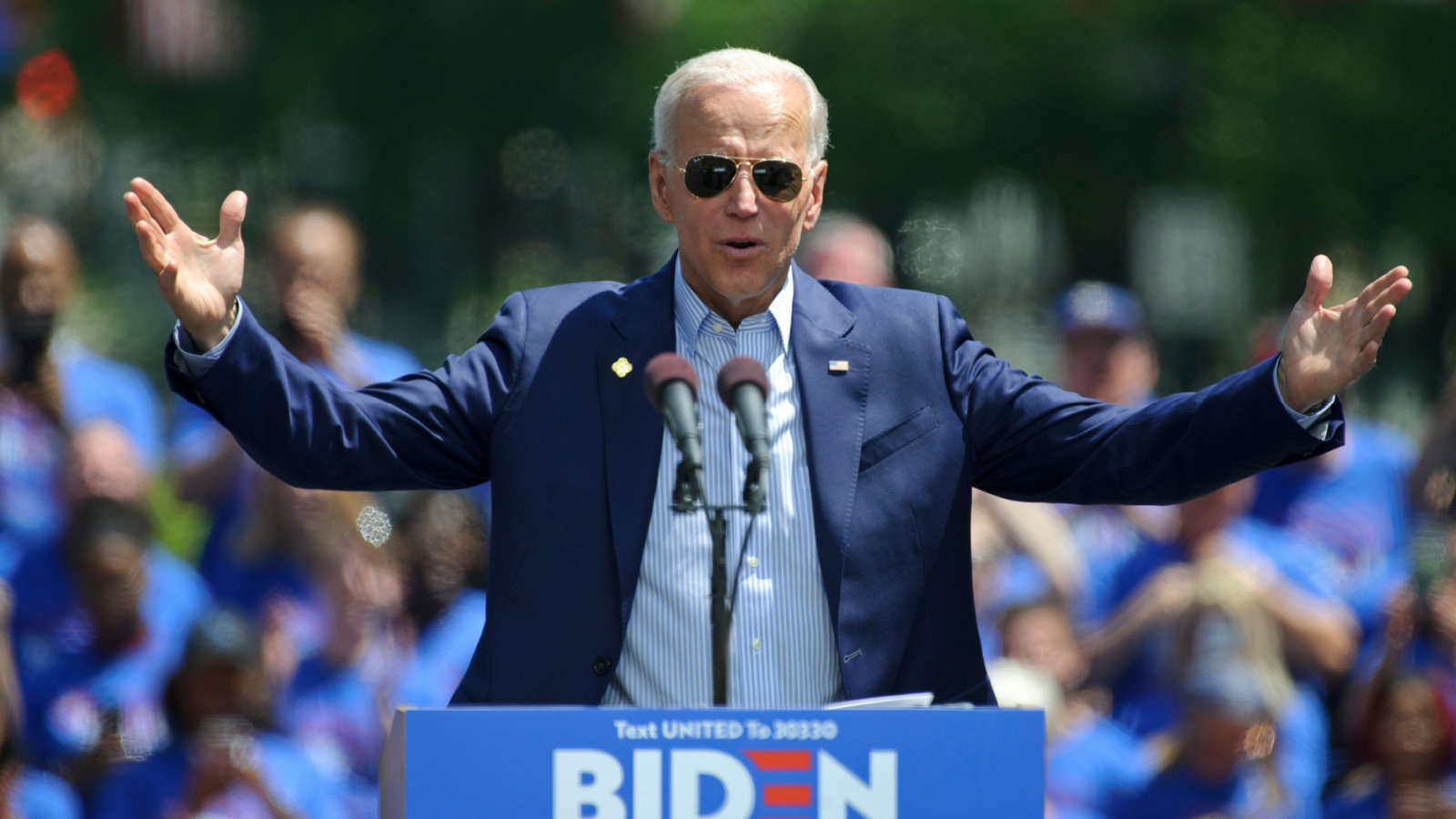
Some argue Biden’s foreign policy strategies might weaken the United States’ position globally. They fear his diplomatic style could lead to compromises that disadvantage the U.S. in international affairs.
Education Policy

Biden’s plans for public education and student debt relief face scrutiny. Skeptics argue that his plans might not effectively address the root causes of educational inequality or the student debt crisis.
Criminal Justice Reform

Although Biden has expressed support for criminal justice reform, critics argue his past policies contributed to mass incarceration. They question his commitment to substantial reform measures.
Climate Change Strategy

While many applaud Biden’s commitment to addressing climate change, others question the economic implications of his aggressive climate policies. They worry about the impact on jobs, energy prices, and competitiveness.
Tax Policy

Biden’s proposals to increase taxes on the wealthy and corporations are divisive. Opponents argue that these changes could hinder economic growth and investment. Tax policy remains a contentious issue.
Executive Experience
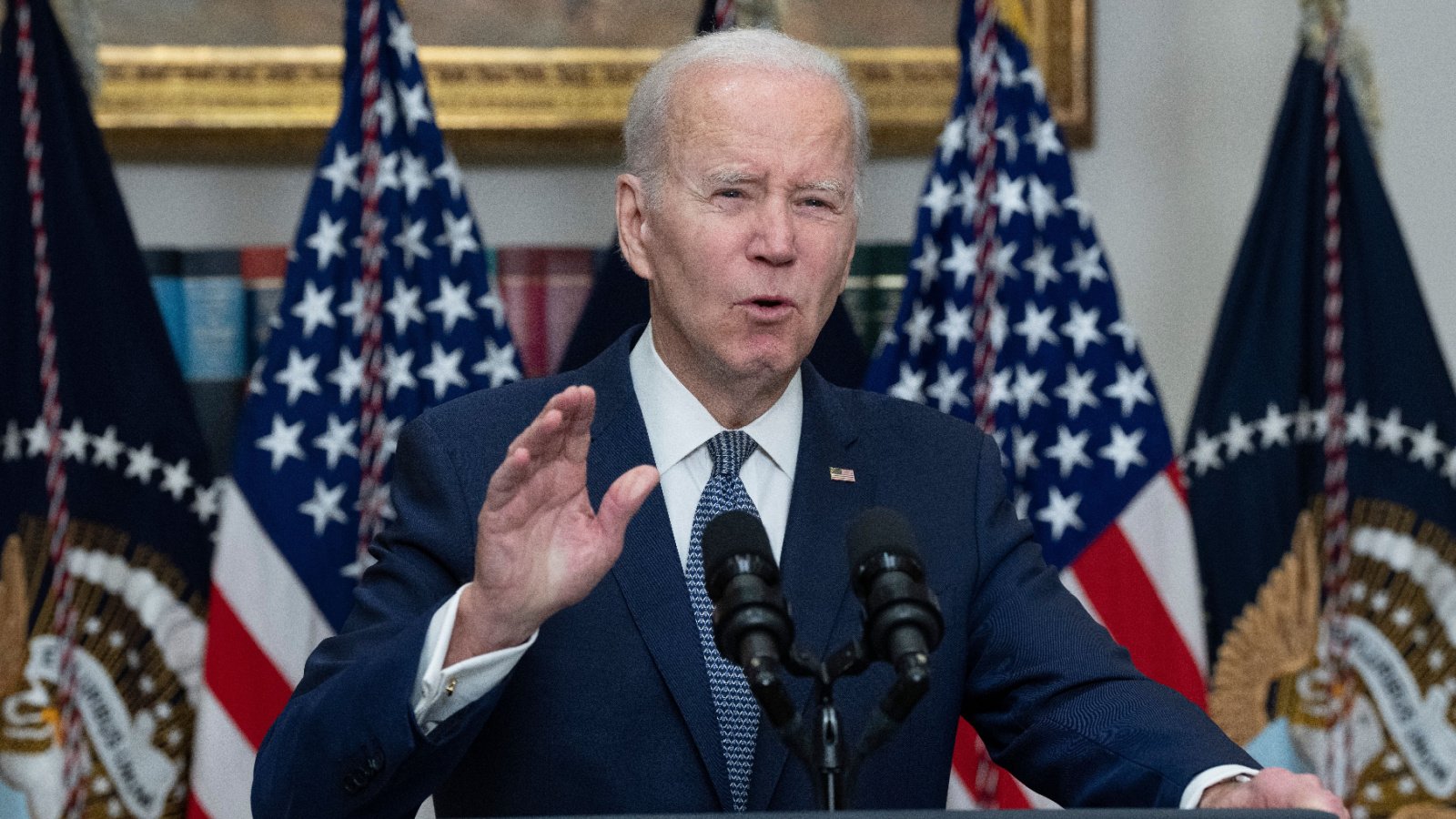
Some voters remain unconvinced by Biden’s executive leadership capabilities, despite his long tenure in public service. They seek a president with a proven track record of executive decision-making beyond legislative roles.
Social Issues
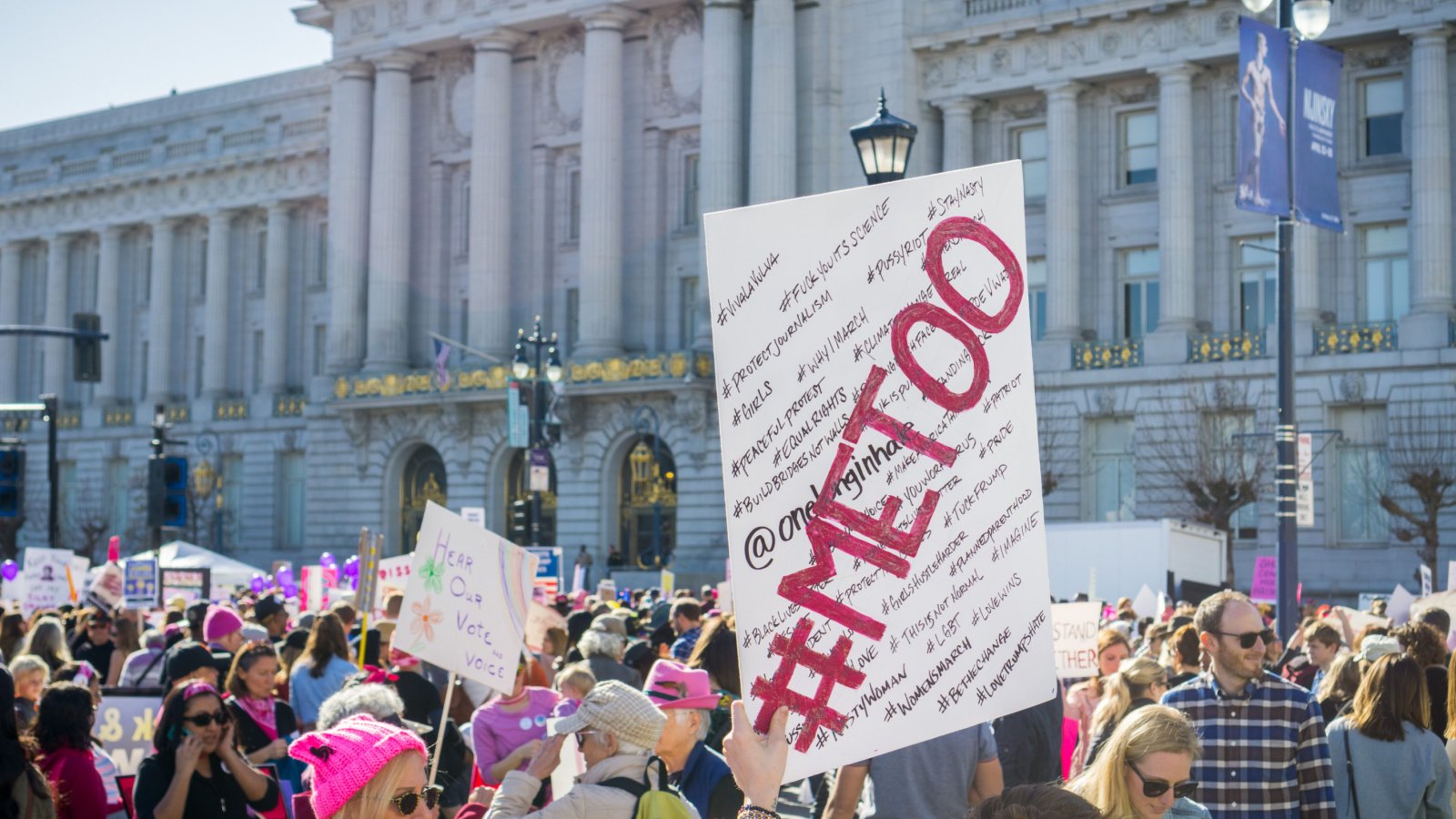
Voters with conservative views on social issues like abortion, marriage, and gender policies may find Biden’s progressive stances unacceptable, leading them away from candidates who do not share their views.
Tech Industry Regulation

Biden’s intentions to regulate big tech companies worry those concerned about innovation and free market principles. Critics fear that stringent regulations could stifle growth and competitiveness in the tech industry.
Veterans’ Affairs

While Biden promises to improve veterans’ healthcare and services, some veterans and their advocates question the adequacy and feasibility of his plans. They seek comprehensive solutions that address longstanding issues within the VA system.
Judicial Appointments

Voters concerned about the ideological balance of the Supreme Court and lower courts may hesitate to support Biden, fearing his appointments could shift the judiciary leftward. The prospect of long-term judicial influence is a critical consideration for many.
Trade Policies

Biden’s stance on trade and globalization is met with skepticism from voters who prefer protectionist measures to support American industries. They worry about the impact of free trade agreements on job security and manufacturing.
Political Insider Image
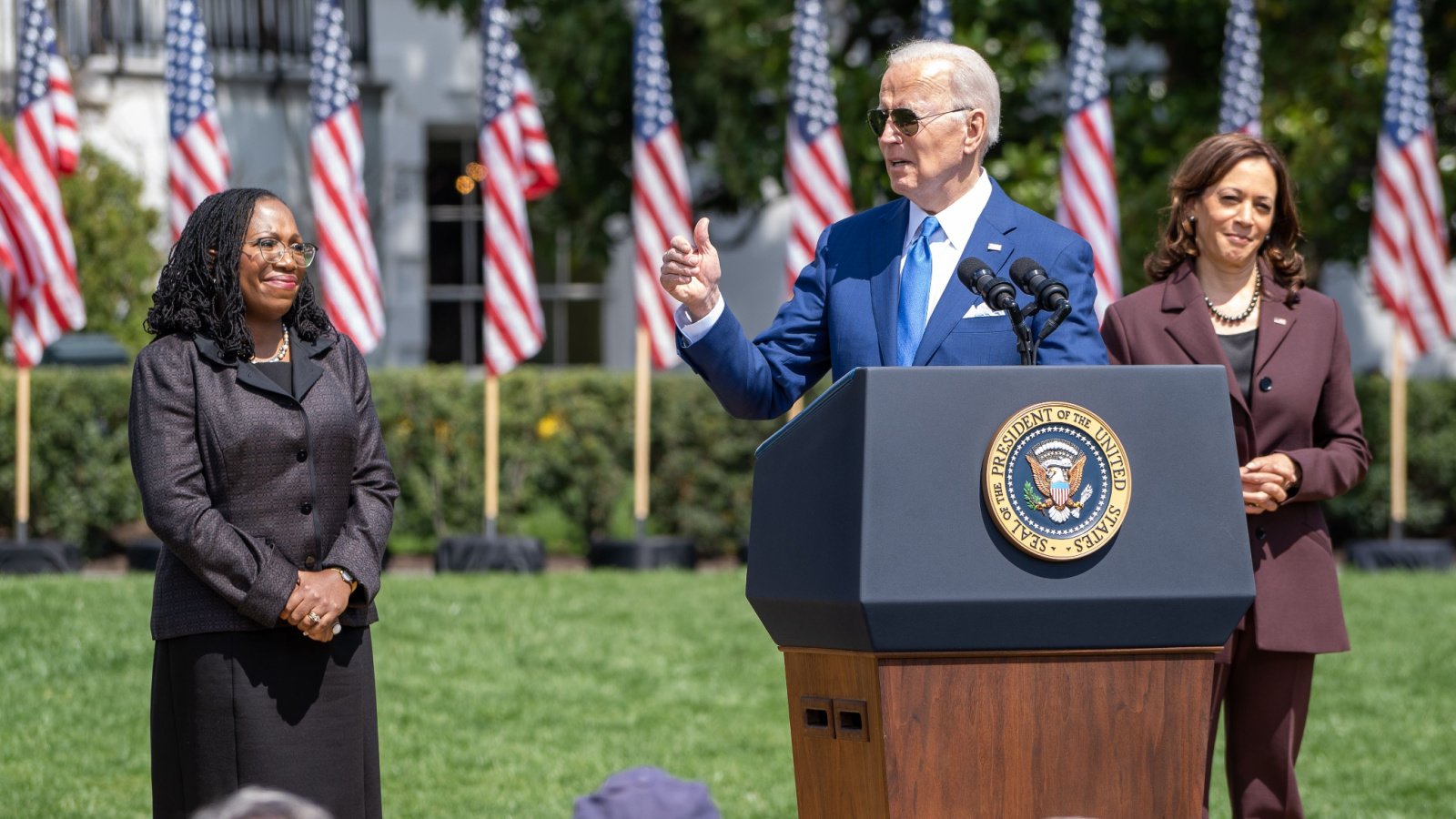
Some voters are disillusioned with what they see as Biden’s status as a political insider, part of the Washington establishment for decades. They crave outsider perspectives and fresh approaches to governance.
Campaign Strategy
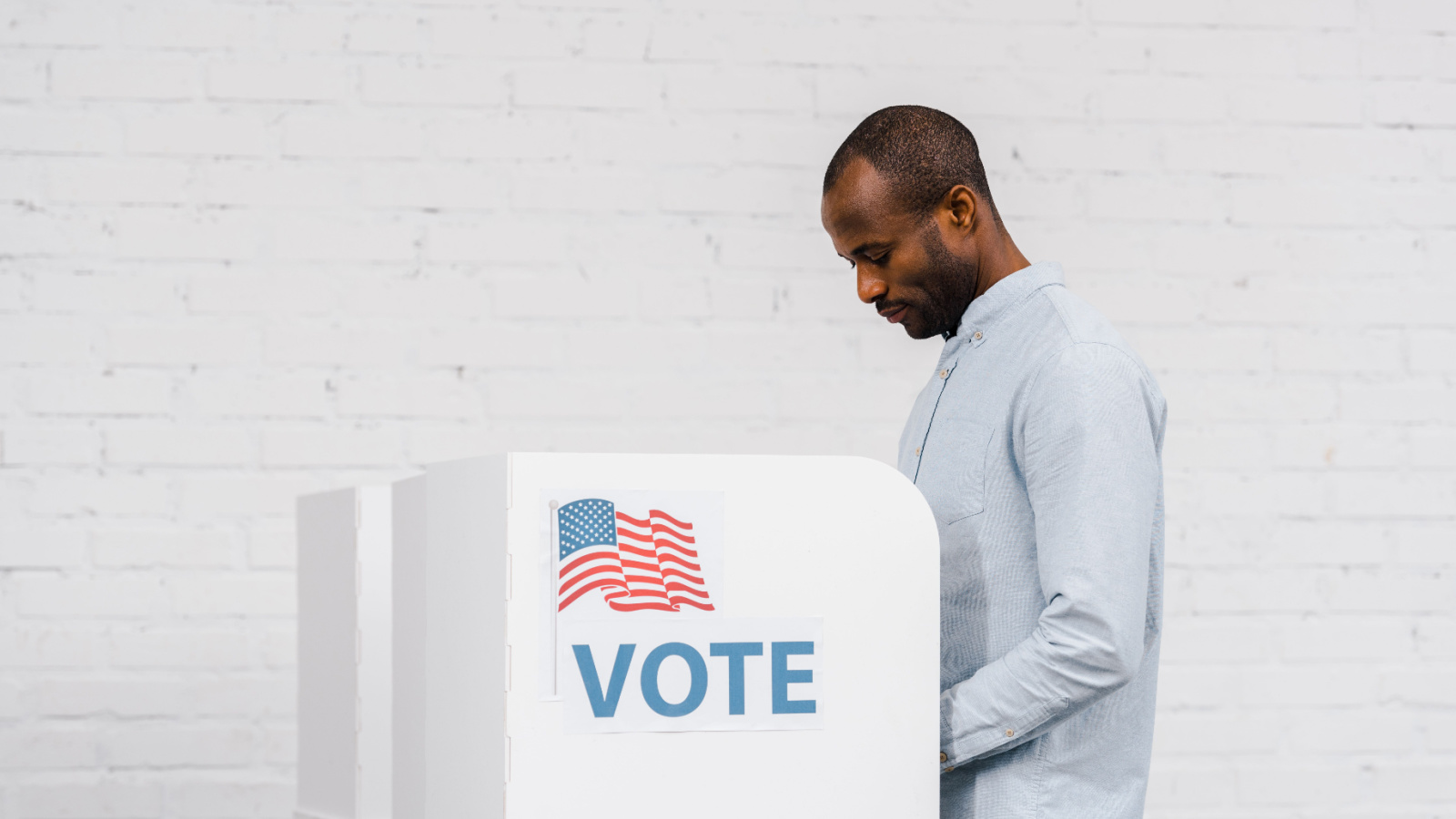
Critiques of Biden’s campaign strategy, including his outreach efforts and messaging, have led some to question his ability to connect with diverse voter groups. Effective communication and engagement are key for these voters.
Influence of Corporate Money

Concerns about Biden’s ties to corporate donors and the influence of money in politics deter voters seeking campaign finance reform and reduced corporate influence in government. This issue affects voters’ trust and perception of candidate integrity.
Response to Pandemic

Voters critical of Biden’s proposed responses to the COVID-19 pandemic may seek leadership they perceive as more capable of navigating the crisis. Opinions on pandemic management are highly influential in the current climate.
Youth Engagement

Some young voters feel Biden does not adequately address their concerns or engage them effectively. This demographic is crucial for electoral success, and their support is not guaranteed.
Cultural Representation

Voters from diverse cultural backgrounds may feel that Biden’s policies and campaign do not fully represent their interests or address their unique challenges. Representation and inclusivity are significant factors for these communities.
National Unity

Critics argue that Biden’s approach to national unity might not be sufficient to bridge the deep divides within the country. They seek a leader who can more effectively unite diverse factions and heal partisan rifts.



